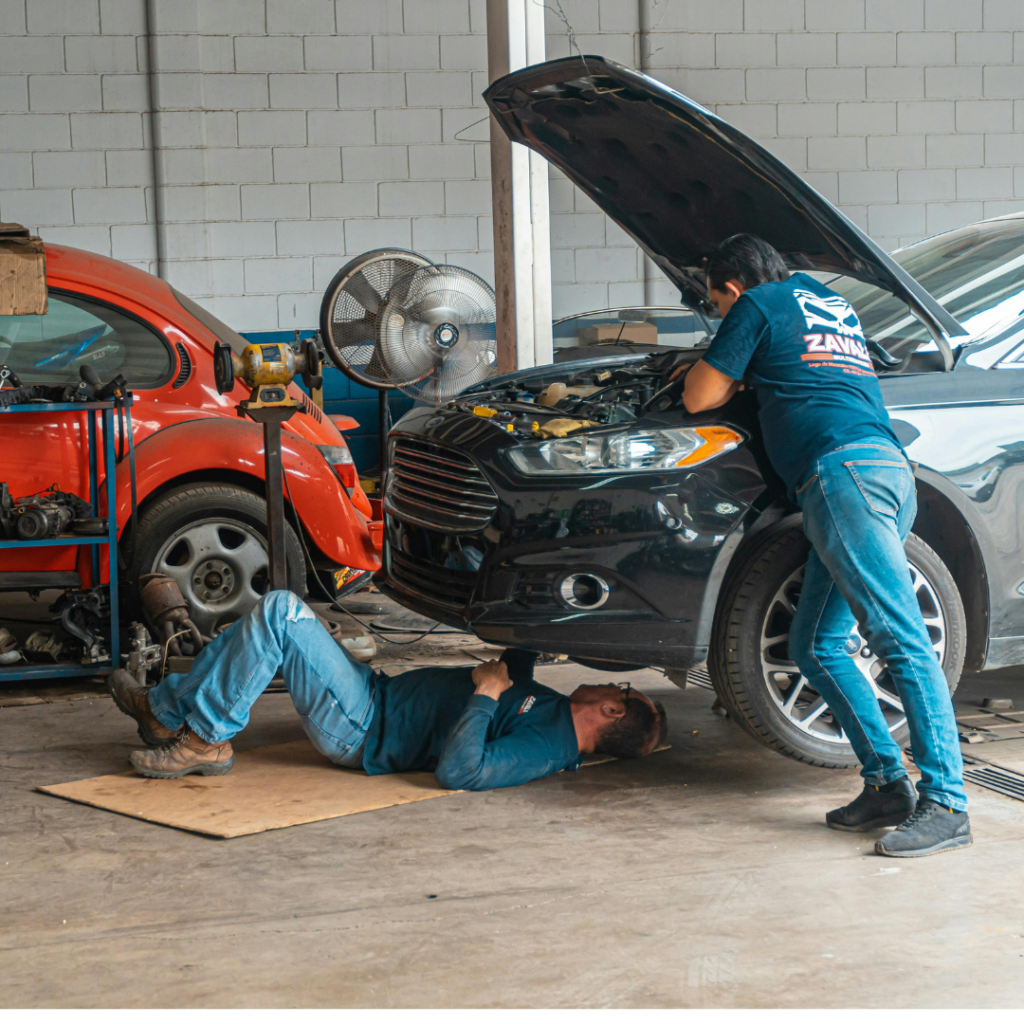A recent High Court case granted a 12-year-old boy with cerebral palsy an interim settlement of €3.8m after mediation with the National Maternity Hospital. The settlement, awarded without an admission of liability, raises critical awareness about both the legal and medical challenges families of children with cerebral palsy face.
This article explores the significance of this settlement, the role of interim payments, and how families can seek justice and resources to support their children long-term. Whether you’re navigating a similar situation or want to understand your legal options, this guide offers clarity on the process, highlights the importance of advocating for care, and explains why legal support can make all the difference.
What Happened in the Holles Street Case?
The case involved Mohammad Al Naimi, born in 2012 at Dublin’s National Maternity Hospital. Due to alleged failures in labour and delivery care, Mohammad developed cerebral palsy and cognitive impairment. His family argued that inadequate monitoring of foetal distress and mismanagement during labour contributed to his condition, claims that the National Maternity Hospital denied.
After mediation, the High Court approved an interim settlement of €3.8m for the next six years, with future compensation to be determined based on Mohammed’s evolving care needs.
This case underscores the value of interim payments in medical negligence claims, particularly for catastrophic injuries like cerebral palsy, while also demonstrating the importance of expert legal advice in such complex cases.
Interim Payments as Lifelines for Families
Interim payments, also known as periodic payment orders, provide financial relief to families awaiting the resolution of medical negligence claims. When a condition like cerebral palsy requires immediate and ongoing medical care, these payments can help ensure children receive the necessary resources without undue delay.
Key Benefits of Interim Settlements
- Immediate Support: Covering current care expenses, such as therapy, assistive devices, and daily needs.
- Flexibility & Reassessment: Payments are reviewed periodically, ensuring settlements remain appropriate for future needs.
- Financial Stability: They offer families peace of mind while navigating long-term legal proceedings.
Periodic payment orders (PPOs) are increasingly being used to ensure compensation accurately reflects rising healthcare and living costs.
How Cerebral Palsy Cases Highlight Medical Negligence
Cerebral palsy often results from unavoidable complications, but in some instances, medical negligence plays a role. Cases like Mohammad’s highlight critical errors during labour and delivery, from failing to act on foetal distress to delays in performing emergency Caesarean sections.
Common Causes of Negligence in Birth Injury Cases
- Delayed intervention in response to abnormal CTG readings.
- Improper use of labour-inducing drugs like syntocinon.
- Failure to perform necessary emergency procedures, such as a timely C-section.
Seeking Justice and Accountability
Legal settlements aren’t about pointing blame—they’re about securing the resources and support children with cerebral palsy need for a better quality of life. They also provide families with clarity about medical oversights and help drive improvements in maternity care systems.
How Families Can Take the Right Legal Steps
Navigating a medical negligence claim may feel overwhelming, but with the right legal support, families can focus on achieving the best outcomes for their children.
Why Work with Specialist Solicitors?
- Expertise in Medical Negligence: Lawyers like those at HOMS Assist are skilled at identifying breaches in standard care and building strong cases supported by medical experts.
- Comprehensive Care: They ensure settlements cover everything—therapy, assistive technology, ongoing care, and beyond.
- Navigating the Legal Process: From gathering medical records to negotiating settlements, an experienced solicitor eases the burden for families.
One critical detail to remember is Ireland’s statute of limitations. Parents can file claims until the child turns 18, with a two-year window thereafter. Acting sooner ensures support arrives when it’s most needed.
Building a Stronger Support Network
While legal settlements provide financial assistance, managing cerebral palsy also requires emotional and community support. Ireland offers many resources to help families thrive.
Organisations Offering Support
- Enable Ireland provides therapy, mobility aids, and independence training for children with disabilities.
- Jack & Jill Foundation delivers at-home nursing for children with complex medical needs.
- Cerebral Palsy Ireland Family Group (find them on Facebook) connects parents in a supportive online space to share advice and encouragement.
Driving Systemic Change
Each successful negligence case isn’t just a victory for one family—it’s a step toward a safer, more accountable healthcare system. Settlements often lead to hospital procedural reviews and better training for maternity staff, reducing the likelihood of preventable injuries for future generations.
For instance, past cases like that of Rachel Barry (€8.25m settlement) led to improvements in infection monitoring at the National Maternity Hospital, demonstrating how legal actions can result in positive changes.
Your Child’s Future Starts Today
It’s never easy to handle the complexities of a birth injury case, but you don’t have to do it alone. Experts in medical negligence like HOMS Assist can provide guidance, support, and advocacy while ensuring your family has everything it needs to move forward.
If you suspect medical negligence played a role in your child’s cerebral palsy diagnosis, don’t wait to take action. The earlier you engage legal support, the greater your chances of securing the resources and justice your family deserves.
At HOMS Assist, we’re committed to helping families just like yours find clarity, accountability, and support. Contact our experienced team for a free consultation today.









